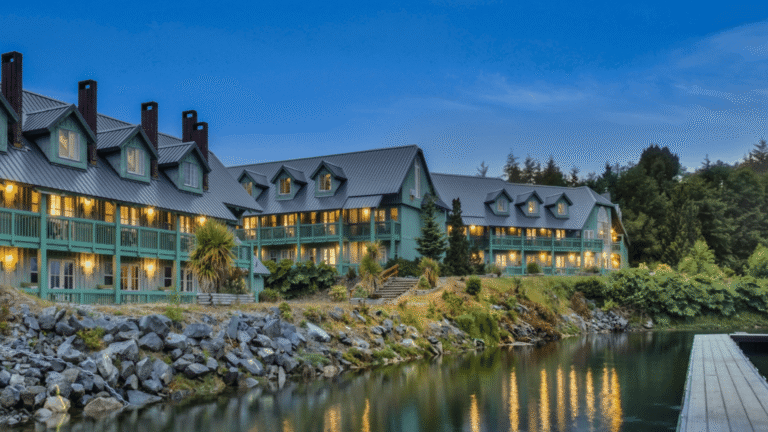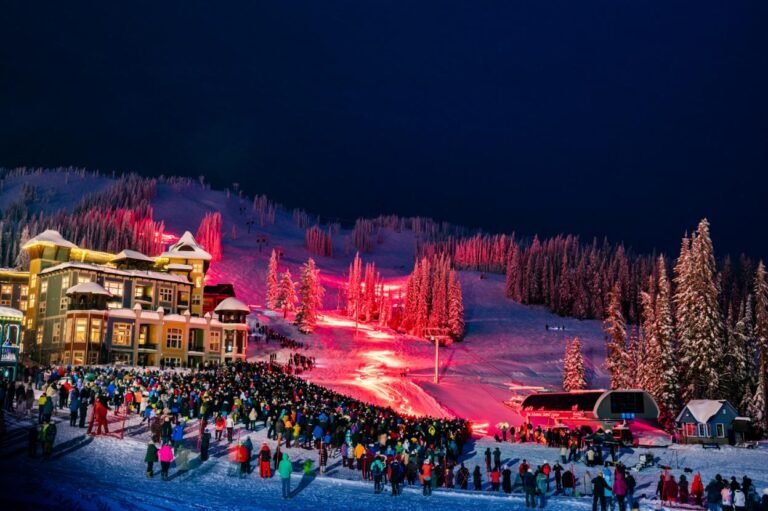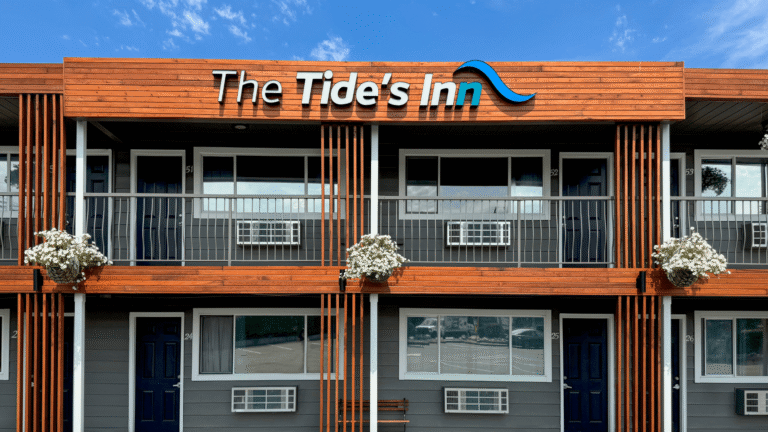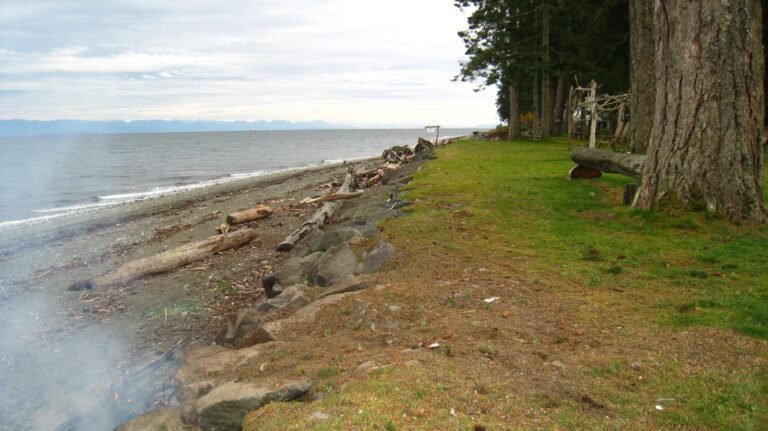The remote Greenbush Lake Protected Area protects old-growth forests of cedar, hemlock, spruce and fir, and important grizzly bear and mountain caribou habitat. British Columbia has most of the world’s population of mountain caribou. They are blue listed in BC, and depend heavily on old-growth forest in the park to provide lichen for their winter diet.
The recreation area is home to caribou, black and grizzly bears, wolverine, marten, lynx, cougar, and hoary marmots. Birdlife includes the pileated woodpecker, yellow-rumped warbler, brown creeper, and the blue-listed Townsend’s big-eared bat.
There is a First Nations rediscovery camp on the north side of Greenbush Lake, and evidence of furbearing animal trapping by early European settlers.
Recreation is limited mainly to fishing and enjoying wilderness recreation. Greenbush Lake offers good fishing for rainbow trout and dolly varden, some as big as 4.5 pounds (2 kgs). The old-growth forest provides a unique opportunity for bird watching and spotting birds that are rarely seen elsewhere in the Okanagan Valley.
There are no developed trails in the 2820-hectare park, no potable water, and no vehicle-accessible camping facilities at the park. However, there are Forest Service campsites with fire rings, an old outhouse, and a boat launch at the Greenbush Lake Recreation Site on the northwest side of Greenbush Lake. The Recreation Site is just outside the protected area, which surrounds Greenbush Lake on the north, east and south sides.
Greenbush Lake Protected Area is located 78 miles (124 km) north of Vernon. From Cherryville, turn north onto Sugar Lake Road and continue until the paved road becomes the gravel Sugar Lake Forest Service Road. Follow past Sugar Lake and along the Shuswap River for 53 km to the protected area. Greenbush Lake Recreation Site provides the main access into the protected area. Access is on an active logging road, so use caution and try to follow radio-equipped vehicles.
Nearby Regions & Towns
Park Notices






